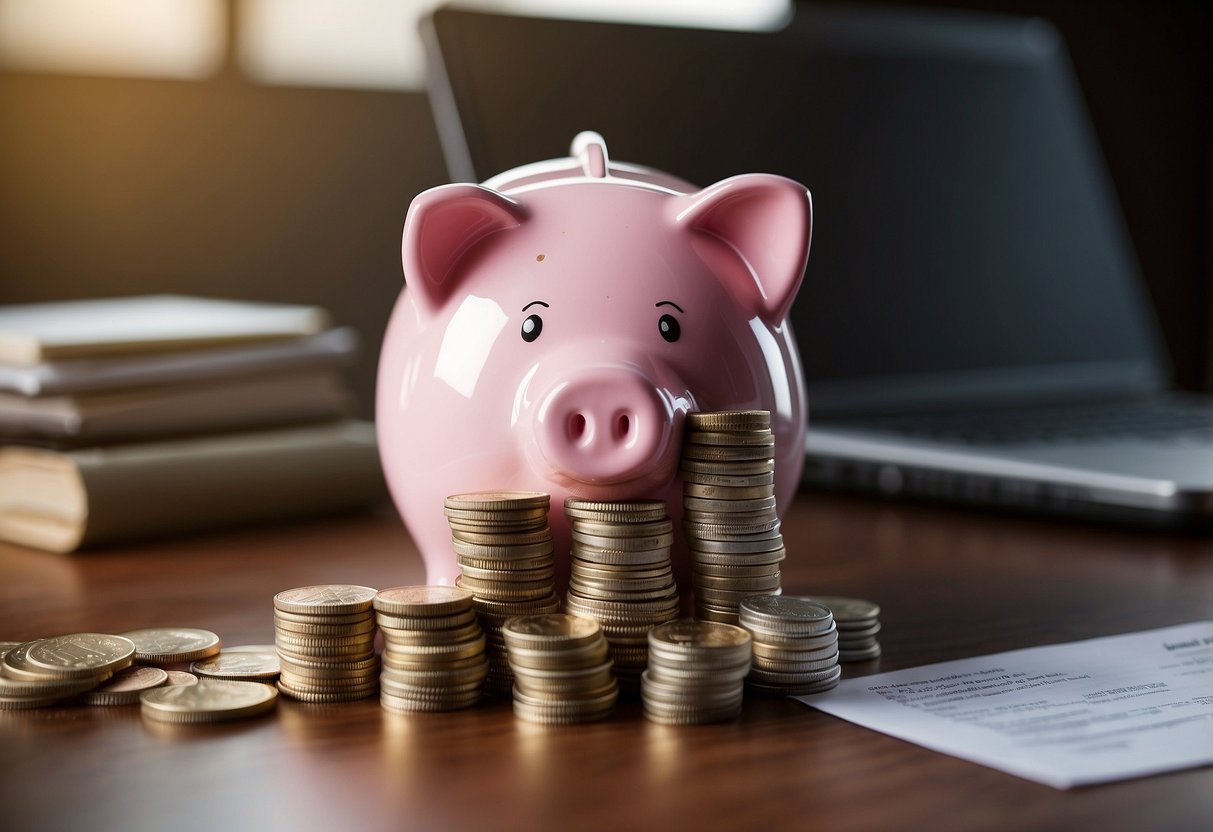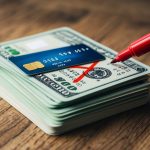How to Build an Emergency Fund: Essential Tips for Financial Security
Increasing Your Income

Increasing your income can be a crucial strategy to build your emergency fund more quickly. By pursuing additional work or selling unused items, you can find ways to boost your earnings significantly.
Pursuing Additional Work
Taking on additional work such as part-time jobs, freelance projects, or side gigs can help bolster your income. Freelancing offers flexibility and can be done according to one’s skill set. Platforms like Upwork, Fiverr, and Freelancer can connect individuals with clients seeking various types of work, from writing and graphic design to software development.
Part-time jobs in retail, food service, or customer support offer reliable extra income and often come with the benefit of scheduled shifts. Consulting in your area of expertise can also be lucrative if you have specialized knowledge. Teaching or tutoring, whether in-person or online, can similarly provide steady supplemental income.
Exploring local opportunities such as dog walking, babysitting, or handyman services can also contribute to additional earnings. It’s essential to balance these efforts with your primary job to prevent burnout and maintain overall productivity.
Selling Unused Items
Selling unused items from around your home can be an effective way to generate immediate cash. Clothes, electronics, and furniture that you no longer need can be sold online through platforms like eBay, Craigslist, and Facebook Marketplace. This approach not only declutters your living space but also helps you gather funds quickly.
Consider organizing a garage sale to attract local buyers, which can simplify the selling process. Specialized items or collectibles might fetch higher prices on niche market websites or auction sites.
Evaluating items for their resale value is essential. High-value items such as branded clothing, newer electronics, or vintage pieces can provide significant returns. Regularly reviewing and purging excess items can steadily contribute to your emergency fund.
Protecting Your Emergency Fund
It is crucial to safeguard the emergency fund from temptations and ensure it’s only used for true emergencies. Regularly evaluating and managing the fund’s security is essential.
Avoiding Common Pitfalls
Frequent withdrawals can deplete the emergency fund quickly. It is essential to distinguish between wants and actual needs. Many fall into the trap of using the fund for non-emergency expenses like vacations or gadgets. Designate a separate savings account specifically for the emergency fund. This reduces the temptation to use it for non-emergencies.
Another pitfall is not replenishing the fund after an emergency. After using any portion, prioritize restoring it as soon as possible. Waiting too long to rebuild it leaves room for vulnerability if another emergency arises.
Maintaining Fund Discipline
Consistency in monitoring and maintaining the emergency fund is vital. Allocate a portion of monthly income to the fund until it reaches the target amount. Automating this process can help ensure regular contributions.
Establish clear rules for what constitutes an emergency. This minimizes the risk of impulsive decisions. Emergencies typically include job loss, medical emergencies, and urgent home repairs. By having predefined criteria, it’s easier to keep the fund intact for genuine needs.
Regularly review the fund’s performance to ensure it meets your financial goals. Adjust contributions as necessary based on changes in expenses or income. This helps maintain an adequate buffer to handle unforeseen events effectively.
When to Use Your Emergency Fund
Knowing when to use your emergency fund is crucial for maintaining financial stability. It should be reserved for unexpected expenses, not for planned costs or desires that can be saved for in advance.
Defining True Emergencies
True emergencies are unforeseen and unavoidable circumstances that disrupt daily life. Examples include sudden medical expenses, urgent car repairs, or unexpected job loss. These situations require immediate financial attention to avoid further complications.
An emergency fund should not be viewed as a backup for routine expenses. Instead, it serves as a safety net when faced with significant and unavoidable disruptions. Properly identifying these situations ensures that the fund is used appropriately and remains available for genuine crises.
Avoiding Misuse of Funds
It is vital to resist the urge to dip into the emergency fund for non-essential expenses. Using the fund for discretionary costs, such as vacations or luxury items, undermines its purpose. Misuse can leave one vulnerable when a real emergency arises.
Setting clear guidelines helps prevent misuse. For instance, evaluating the necessity and urgency of the expense can be a useful strategy. This discipline ensures that the emergency fund remains intact and ready for genuine, critical needs.



